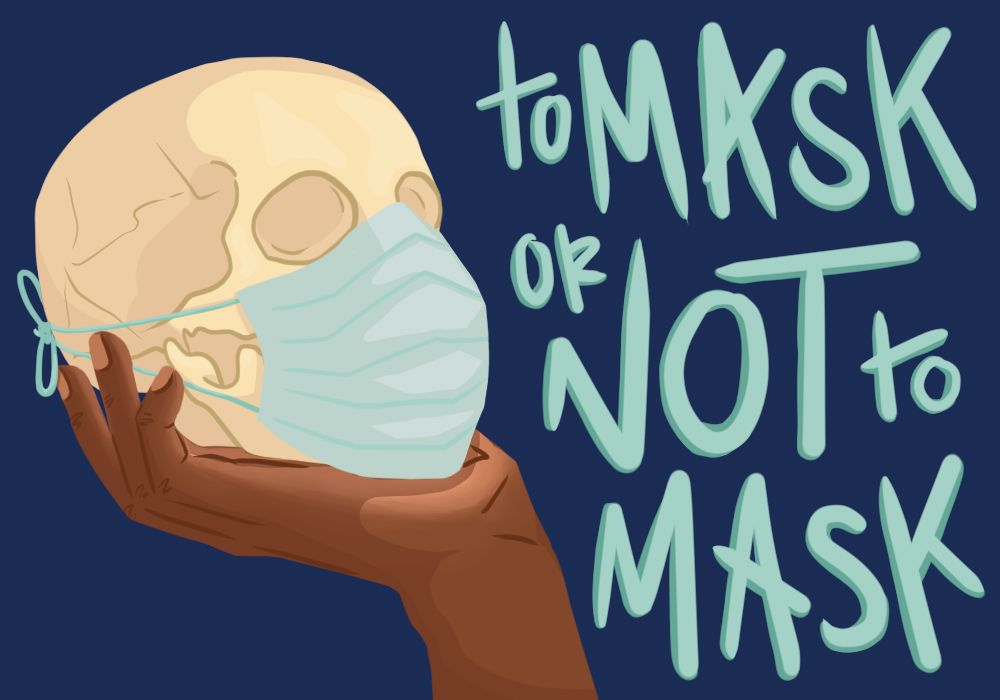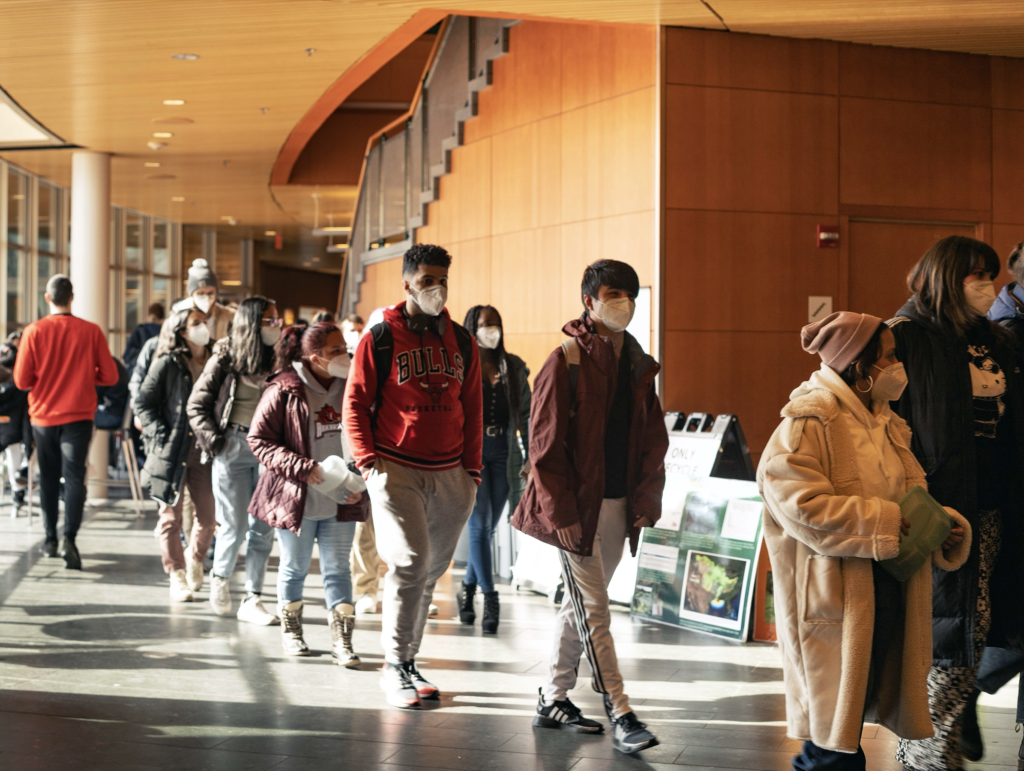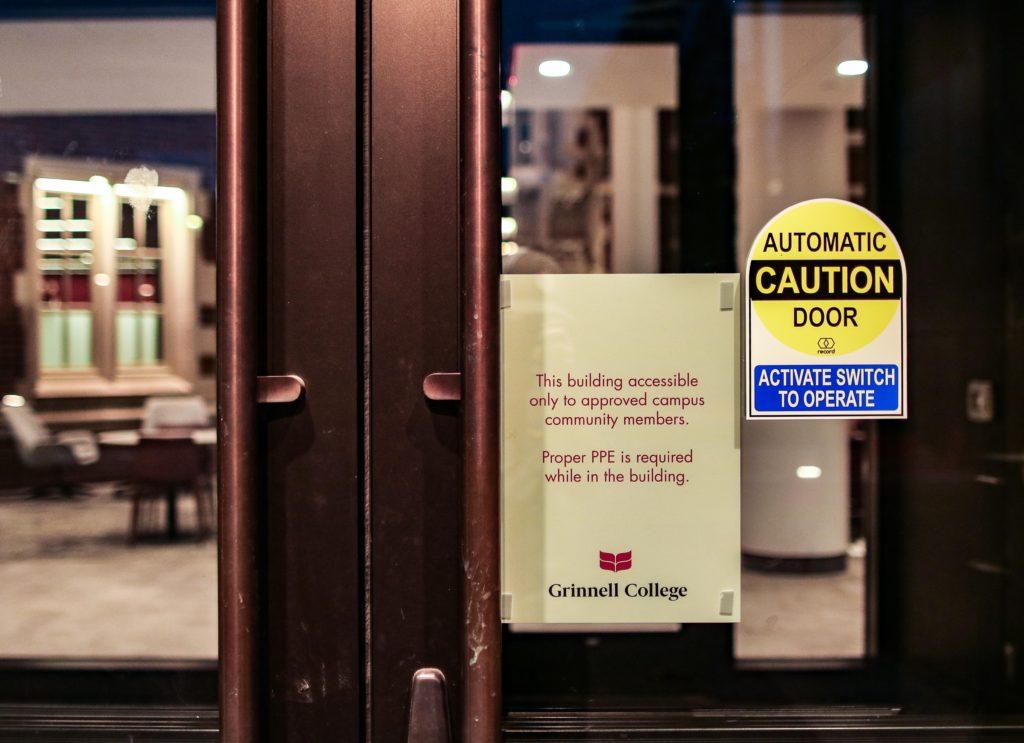In creating a plan for the 2020-21 academic year and considering the COVID-19 pandemic, Grinnell College has canceled all off-campus study (OCS) opportunities for Fall 2020. This decision adds a new layer of uncertainty for students who were planning to study abroad during the upcoming fall semester.
“It has been a little strange going from, ‘I’m going to go abroad to a foreign country and immerse myself in the language and the culture and all the different classes there and just have a completely new experience’ to ‘I’m gonna stay at home and be on my laptop for 14 hours a day,’” said Ashton Aveling ’22, who was approved to spend the fall of his third year studying in Argentina.
Since the May announcement that OCS was canceled, the College has released a tentative plan proposing the academic year be split into five 7.5-week terms that will initially bring roughly 500 of the 1700 students enrolled back to campus.
According to an email sent by Director of OCS Alicia Stanley to students approved to study off-campus in the fall, all students were automatically withdrawn from their OCS program. No appeals or exceptions will be granted, regardless of each individual OCS provider’s approach to reconfiguring their services or the state of the pandemic in the countries where students planned to study.
Yesenia Mozo ’22 is a political science major who was approved to study abroad for the full academic year, spending one semester in South Korea and the other in Mexico. “In Korea, they have the pandemic kind of handled. And even if there is a second wave, Korea has a good healthcare system, unlike the United States, so I felt like Grinnell didn’t really think that through, you know?” she said. “Why would you keep your students in the U.S. when they’d probably be safer somewhere else?”
Professor David Harrison, Chair of the French Department, also noted that the College’s decision was “disruptive” and “disappointing,” especially in light of the fact that “there are countries that have done a better job handling the pandemic than has the United States, and arguably our students would be safer in those countries than if they remained in the U.S.”
Studying off-campus, either internationally or through domestic programs, is a staple of the Grinnell experience for most students. According to the College’s OCS website, “Over 50 percent of each graduating class of Grinnell students participates in semester- or year-long off-campus study.”
A semester away from Grinnell gives students the opportunity to participate in language immersion programs, pursue an academic interest outside of Grinnell’s offerings, or gain a global perspective different from that of small-town Iowa.
Clare Newman ’22 was planning on spending Fall 2020 in Nantes, France, enrolled in an IES Abroad program. Being a French major, she would have been able to transfer 12 credits from this semester to satisfy the 32 required by the department to graduate.
“I’m worried that because of COVID semester and the summer, I’m going to lose a bunch of my French,” said Newman. “But then I was like, ‘Oh, I’m going to study abroad, after the first two or three weeks I’m gonna be much better at French,’ … Now I’ll go back to school and just won’t know anything, and I might have to graduate a semester late or something.”
According to Professor Harrison, roughly 80 percent of French majors spend a semester abroad in a French-speaking country. “It’s critical to learning a language—though by no means mandatory for our majors—to spend time living and studying in an environment where the language is used for everyday life,” he wrote in an email to The S&B.
Mozo was planning to transfer at least twelve credits over from both programs. Now, she said, it’s difficult for her to figure out which classes to take at Grinnell this year.
Third-years whose OCS plans were canceled now have the option of deferring their Fall 2020 program’s enrollment to the spring or fall semesters of 2021. Those semesters’ OCS programs are planned to proceed as usual. These students now face the decision of either missing out on another spring in Grinnell, not being present for the fall of their final year or not studying abroad at all.
“I really do want to go abroad, but fourth year being the last year and having to fit in all my classes and the last chance I get to see my classmates, it’s a little less alluring,” said Mozo.
Being gone for a semester of fourth year also makes renting housing off campus more difficult, which many students choose to do in their final year.
Given the uncertainty of the current plan for the upcoming academic year, some third-years are weighing whether or not to take a leave of absence for the fall. However, to be granted approval to study off-campus, students must spend the semester immediately before they go abroad taking classes at Grinnell College full-time. The College reiterated this requirement in the section of the 2020-21 academic year plan that provides guidance to students considering a leave of absence.
Fourth-year students who were planning to study off-campus in Fall 2020 will no longer have another chance to do so, given that the College requires the final semester to be completed on campus.
The support provided by the Institute for Global Engagement, such as reimbursement for first-time passports and the transfer of financial aid to OCS programs, makes international travel much more accessible than arranging it on one’s own.
“The College really pulls out all the stops to make sure that people who wouldn’t otherwise be able to have that kind of experience can do it the easy way. Now that that’s locked off for a lot of people, it’s disappointing,” said Aveling. “It doesn’t look like I’m going to be able to study abroad at all during undergrad. I’ve been thinking about post-graduation, still trying to get out of the country and immerse myself in a foreign culture, but I don’t have anything lined up yet. Honestly, at this point, I’d be grateful if I can just be back at Grinnell.”
Though many students were upset by the cancelation, Aveling, Newman and Mozo all expressed that they felt the College made the right decision given the uncertain circumstances amid the COVID-19 pandemic.
“I think that the College has been very cautious. … For the most part, I think that it’s really a good thing and they’re doing a good job. … Knowing the risks that off-campus study imposes and the nature of a pandemic, off-campus study is just so particularly problematic,” said Amelia Zoernig ’21, Vice President of Student Affairs for the Student Government Association. “I think the place where it gets a little more touchy is the spring, because we’re in such a weird time right now where we can’t plan for anything. … The further out it is, in terms of time, the more
difficult it is to plan for, because we know the state of the world right now, but we don’t know what it’s going to be.”
Harrison’s said he’s “hopeful” students whose fall programs were cancelled will be able to travel abroad in the spring. “At this point, my colleagues and I are making the case to IGE that we need to have OCS for the spring semester,” he wrote.
Though the College has not solidified OCS plans for future semesters, the effects of this canceled semester will likely play out long-term. Without students enrolling at other institutions for the semester, demand for Fall 2020 classes went up during registration and more students will likely be taking classes through the College than in any recent semester.
“I have been thinking also about what this means for years to come. We’re going to keep everyone on track for their degree as much as possible, but I know a lot of people in [the Class of 2022] are going to want to go abroad,” said Zoernig. “You’re not all going to be able to go abroad in the spring, even if it happens. … The ripple effects of COVID will hit so many areas.”




























































